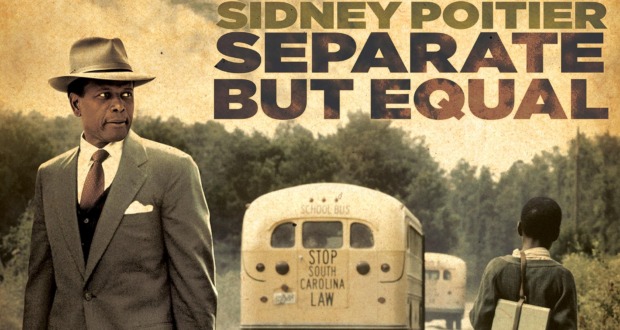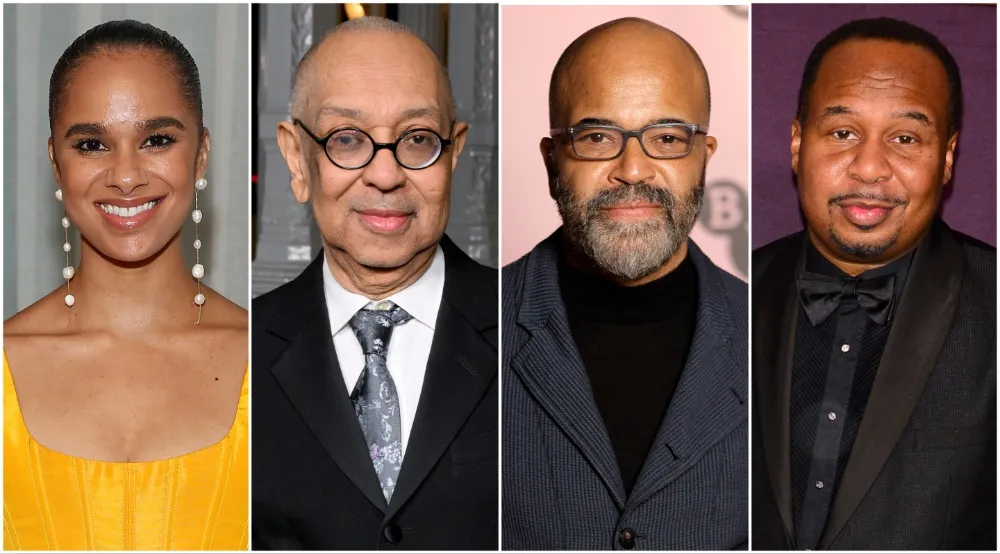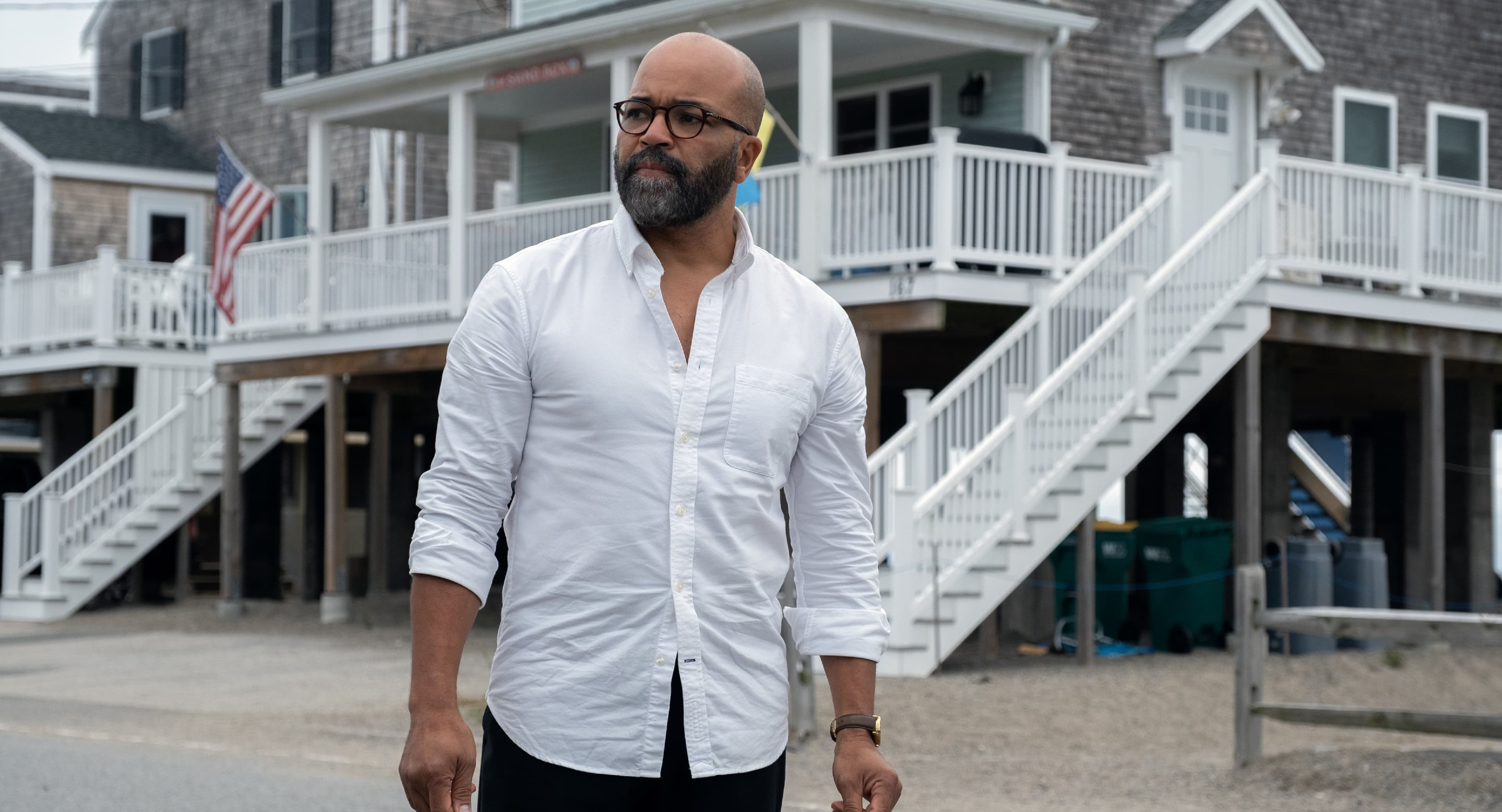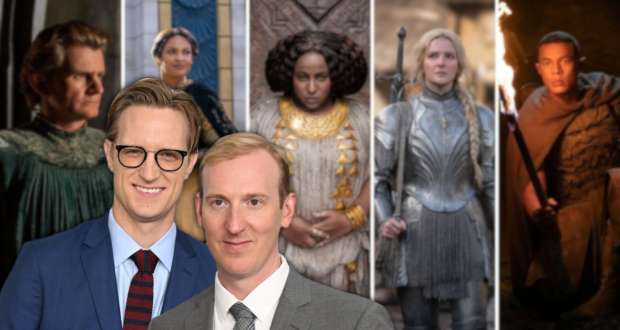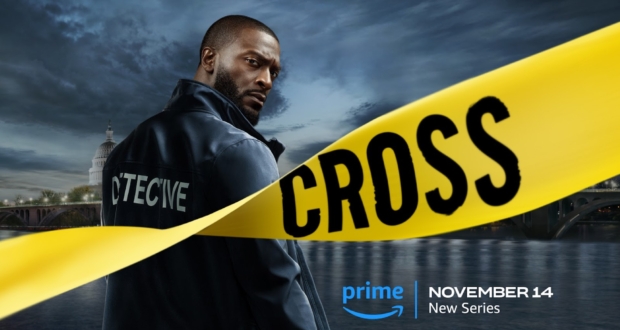In May 1954, the U.S. Supreme Court issued a groundbreaking decision that declared racial segregation in public schools unconstitutional. This ruling marked a pivotal moment in American history and paved the way for significant civil rights advancements. To commemorate the 70th anniversary of this landmark decision, Paramount Home Entertainment has re-released the acclaimed miniseries Separate But Equal on DVD. This film captures the essence of this critical period with profound storytelling and powerful performances.
Summary of the Movie’s Historical Significance
“Separate But Equal,” first released in 1991, stars Sidney Poitier and Burt Lancaster, with a strong supporting cast including Jeffrey Wright. This Emmy Award-winning miniseries, directed by George Stevens, Jr., provides a gripping portrayal of the 1954 Brown v. Board of Education Supreme Court decision. This case was a monumental victory in the fight for civil rights in America, highlighting the journey from small-town South Carolina to a historic judicial triumph that reshaped the nation’s policies on racial segregation.
Revisiting “Separate But Equal”
Recently, Gil Robertson of the African American Film Critics Association hosted an exclusive conversation celebrating the 70th anniversary of Brown v. Board of Education. This insightful Q&A session featured George Stevens, Jr., and Jeffrey Wright, offering valuable insights into the film’s significance, behind-the-scenes stories, and reflections on civil rights history.
The Power of Storytelling
Jeffrey Wright, known for his versatile acting skills, delves into his experience working on “Separate But Equal.” He recalls the immense pressure and honor of playing a significant role in a film that tackles such an important historical moment. Wright’s performance as Bill Coleman, one of the youngest lawyers on the NAACP legal defense team, adds depth and authenticity to the narrative.
“This was really my first significant role on film, and the primary thing that drew me was… wow, I got a job!” Wright quips. But beneath the humor, he emphasizes the weight of portraying historical figures whose real-life struggles and triumphs had a lasting impact on civil rights in America.
George Stevens, Jr. on Directing the Film
George Stevens, Jr., the mastermind behind “Separate But Equal,” shares his approach to directing such a significant movie. He highlights the meticulous research that went into the project, including interviews with key figures involved in the Brown v. Board of Education case. Stevens’s dedication to authenticity and historical accuracy shines through in every scene.
“The law is a weapon if you know how to use it,” Stevens quotes Thurgood Marshall, encapsulating the spirit of the legal battle that defined the film.
The Impact of “Separate But Equal” Today
The conversation naturally shifts to the film’s relevance in today’s socio-political climate. Both Stevens and Wright emphasize the importance of understanding history to address current issues of equality and justice.
“We’re living in a time in which a lot of the advancements made during the Civil Rights movement are being challenged,” Wright notes. He stresses the need for films like “Separate But Equal” to remind us of the struggles and victories that have shaped our society.
A Celebration of Excellence
The film’s critical acclaim and enduring legacy speak volumes about its impact. It won the award for Outstanding Miniseries in 1991, and its re-release aims to educate and inspire new generations. Wright’s debut role and the commanding performances by Sidney Poitier and Burt Lancaster contribute to the film’s powerful narrative.
“Separate But Equal” is more than just a film; it’s a testament to the power of storytelling in preserving history and promoting social justice. As we revisit this landmark production, we’re reminded of the importance of understanding our past to navigate our present and future. The re-release of “Separate But Equal” on DVD is an opportunity for audiences to engage with this crucial chapter in American history, appreciating the efforts of those who fought for equality and the storytellers who brought their legacy to life.
“The more that we can do to continue to educate the American public on how we got here, the better,” Wright concludes, urging viewers to reflect on the film’s message and its relevance today.
For those looking to dive deeper into the legacy of Brown v. Board of Education and the cinematic excellence of “Separate But Equal,” the re-released DVD is now available. Don’t miss this chance to experience a film that captures the heart of a pivotal moment in civil rights history.
